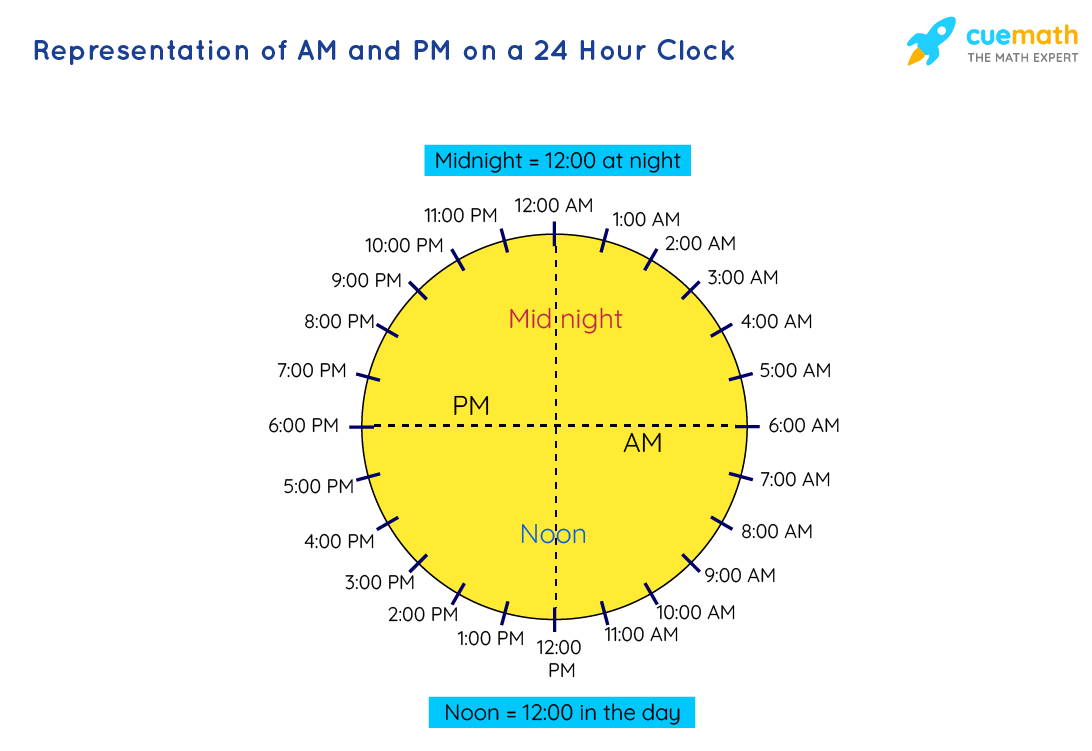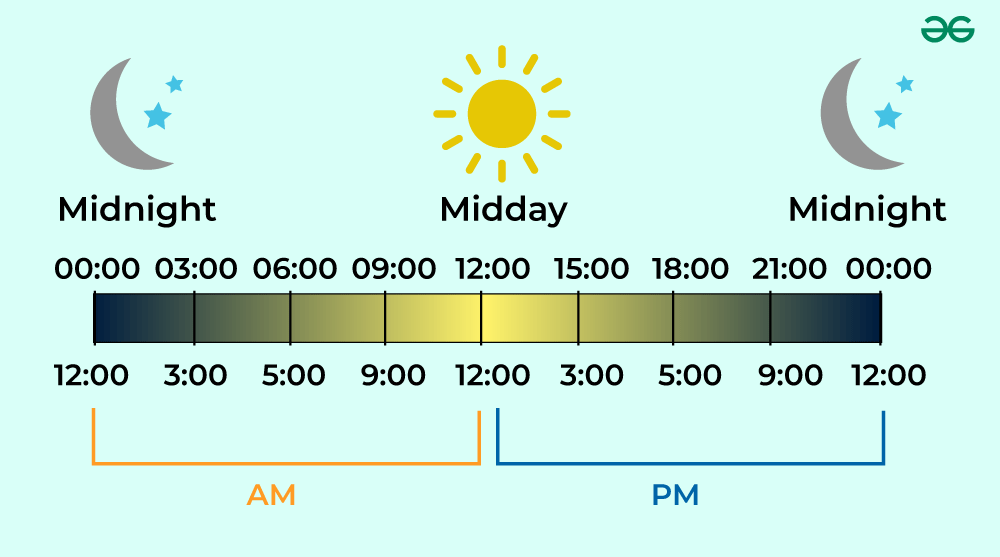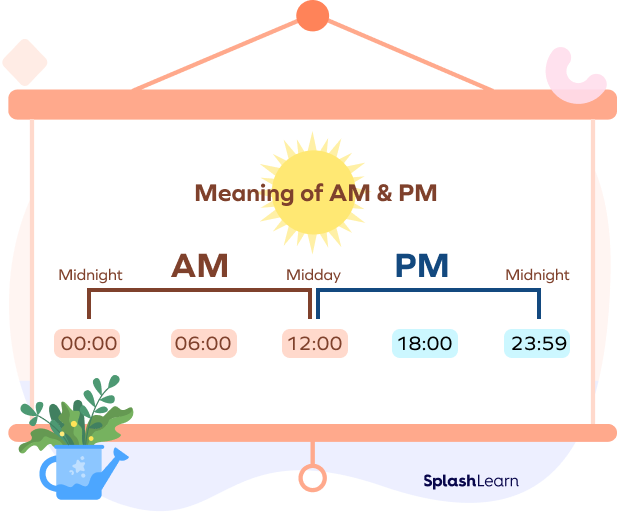I Am Meth - Unpacking A Challenging Reality
There's a voice, a rather stark and honest one, that speaks from a very difficult place. It's a voice that comes from someone who lived through something incredibly tough, a young person who saw the raw truth of a powerful substance. This particular account, you see, offers a direct look at the sorrow and destruction that can follow when lives get tangled up with a certain chemical.
This piece of writing, born from personal experience while in a correctional setting, paints a picture of intense struggle. It describes, quite simply, how a drug can take over, shaping everything around it. It’s a message that, in some respects, echoes the feelings of many who have come face to face with such challenges.
The words themselves, very much a warning, lay bare the wide-ranging difficulties that come with this kind of addiction. They talk about the toll it takes on people, on homes, and on the very fabric of families. It’s a stark reminder, truly, of how deeply something like this can affect a community.
Table of Contents
- What is the true cost of i am meth?
- The hidden presence of i am meth
- How does i am meth take hold?
- The physical and mental effects of i am meth
- What does i am meth demand?
- The stories behind i am meth
- Can we truly grasp the danger of i am meth?
- The ongoing battle with i am meth
What is the true cost of i am meth?
The poem, you see, speaks of a profound kind of loss, one that goes far beyond what anyone might initially imagine. It starts by telling us, quite plainly, that this substance, this "i am meth," has a way of utterly destroying people's homes. Now, this isn't just about knocking down walls or breaking windows, not at all. It's about taking away the very feeling of a safe, warm place where you belong, that sense of comfort and stability that a home is supposed to provide. It’s about the feeling of peace just fading away, somehow.
And then, you know, it talks about tearing families apart. This is, in a way, even more heartbreaking. It’s not just arguments or disagreements; it’s about breaking the deep bonds that hold people together. Trust, that very fragile thing, can simply shatter, and the warmth between parents and children, or between partners, can turn cold. It’s a separation that goes right down to the soul, really, leaving everyone feeling quite isolated.
The words also tell us that "i am meth" will take your children. This part, honestly, is rather chilling. It means children might be removed from their parents' care, or perhaps, even more tragically, the parent themselves becomes so changed by the drug that they are no longer truly present for their little ones. The emotional connection, that vital link, just seems to vanish, leaving a void where love and guidance once were. It’s a loss that, at the end of the day, is truly devastating for everyone involved.
- My Dear Donovan
- Juice Wrld Addictions
- Daryl Sabara Today Show
- Olympic Mens Gymnastics Team Usa
- Whats It Like Living In La
And the poem warns us, you know, that all of this, the destruction of homes and the breaking of families, is "just the start." This suggests, very clearly, that the problems don't stop there. They tend to grow, getting bigger and more overwhelming with each passing day. What begins as a small step into something new can quickly turn into a never-ending cycle of difficulties, drawing everyone deeper into its grip. It’s a very unsettling thought, isn't it?
The writing then makes a rather striking comparison, saying that "i am meth" is "more costly than diamonds, more precious than gold." This isn't talking about money in a literal sense, though financial ruin is, of course, a common outcome. Instead, it speaks to the immense personal cost. It's about losing your time, your good health, your chances at a better future, and all the valuable opportunities that life might offer. It's a price that, in fact, can never really be paid back.
When it says "more precious than gold," it hints at how this substance can become the most important thing, the perceived ultimate treasure for someone caught in its hold. All other values, all other priorities, just seem to fade away in comparison. The poem then says, quite starkly, "the sorrow i bring is a sight to behold." This points to the profound grief, the deep despair, and the sheer heartbreak that spreads through families and communities. It’s a sadness that, you know, is truly overwhelming to witness, affecting everyone who cares.
The hidden presence of i am meth
The poem highlights a really unsettling truth: "if you need me, remember i am easily found." This line, you see, speaks to the pervasive nature of this substance. It suggests that it isn't something hidden away in secret corners, but rather something that feels surprisingly accessible to those who might be looking for it. It's a stark reminder that, in some respects, it's closer than many would like to believe.
Then, the words get even more specific, stating, "i am in your child's school, in your town." This really brings the warning home, doesn't it? It means that this challenging reality isn't just something that happens far away; it's right there, in the places where everyday life unfolds. It’s about the proximity, the everyday presence, making it feel, well, almost unavoidable in certain settings. This particular detail, in a way, truly makes you pause and think.
The poem continues by saying, "i live with the rich, i live with the poor i live down the street, maybe next door." This tells us, quite clearly, that this issue doesn't pick and choose based on someone's background or their financial situation. It affects everyone, regardless of their circumstances. It means that no one is truly safe from its reach, and that it can be found in any neighborhood, making it a challenge that touches all parts of society. It’s a rather sobering thought, isn't it, how widely it can spread?
How does i am meth take hold?
The poem describes the initial pull of this substance in a very direct way, saying, "My power is awesome, try me you'll see." This speaks to the initial allure, that false promise of strength or an escape from difficulties. It’s about the temptation, you know, the challenge it seems to offer, almost daring someone to experience what it claims to provide. There's a deceptive quality to this opening, really, making it seem like a solution rather than a problem.
But then comes the stark warning: "but if you do, you may never break free." This describes the grip it takes, the almost impossible difficulty of leaving it behind once it has entered someone's life. It’s a heavy statement, suggesting a kind of entrapment that can feel permanent. This isn't just about a temporary habit; it’s about a deeply rooted hold that can feel impossible to shake off, truly.
The poem then outlines a rapid, very alarming progression: "Just try me once and i might let you go, But try me twice, and i'll own your soul." This shows how quickly a casual encounter can turn into a deep dependence. That first time might seem harmless, a simple experiment, but the second time, you see, is presented as a point of no return. It’s about losing control over your very being, where the substance takes charge of your thoughts and actions. This progression, honestly, is what makes it so incredibly dangerous.
The physical and mental effects of i am meth
The poem paints a very grim picture of the physical and mental decline that comes with this substance. It declares, "i will devour your body, and make you so old." This speaks to the severe physical decay, the rapid aging that can happen, and the significant decline in a person's overall health. It’s about the body just breaking down, really, under the strain of constant use, leaving someone looking far beyond their actual years. This kind of impact, you know, is often visible to everyone around.
It goes on to say, "I will eat holes in your brain, and make your body twitch." This describes the neurological damage, the way it can affect a person's mind and thought processes. It also points to the involuntary movements, the body twitching, which can be a very visible sign of the brain's struggle. This part, honestly, highlights the profound mental decline that can occur, making it hard for someone to think clearly or even control their own movements. It’s a rather chilling description of internal harm.
The poem also uses strong, unsettling comparisons: "i'm worse than poison ivey, i am the devils itch." This conveys the intense discomfort, the torment, and the pervasive craving that someone experiences. It’s not just a mild irritation; it’s a deep, burning need that feels almost impossible to satisfy. This "itch," you see, is a constant, nagging presence that drives every action, making life feel like a continuous struggle against an overwhelming urge. It’s a very powerful way to describe the agony.
What does i am meth demand?
The poem describes a profound loss of personal control, stating, "When i possess you, you'll steal and you'll lie." This suggests that a person under the influence feels driven by something else, losing their own will and integrity. It’s about the erosion of morals, you know, where honesty and trust simply vanish. The individual might find themselves doing things they never thought they would, all because the substance has taken over their decision-making. It’s a very stark picture of being completely dominated.
It continues, "you do what you have to just to get high." This highlights the desperation, the singular focus on obtaining the drug. All other needs, all other responsibilities, just fade away in the face of this overwhelming urge. The poem then links this to criminal acts, saying, "the crimes you'll commit for my narcotic charms, will be worth the pleasure you'll feel in your arms." This reveals a warped perception, where the temporary relief or false sense of enjoyment overshadows the long-term consequences of illegal actions. It’s a truly unsettling trade-off, isn't it?
The poem also speaks to the further destruction of family ties: "I will take your family, i'll wreck their lives, as they try to save you, i'll teach you to lie." This reiterates the deep family destruction, but adds a particularly painful element: the active sabotage of help. When loved ones try to intervene, the substance, as it were, teaches the person to deceive them, pushing away the very people who care most. It’s a cruel twist, really, making recovery even harder by breaking down trust at every turn.
And then, the poem touches on the loss of livelihood: "Working for a living, i'll take that too." This points to the loss of employment, the financial ruin, and the complete inability to function in a regular job. It’s about losing the capacity to support oneself, leading to even greater dependence and hardship. This particular line, you know, highlights how the drug strips away every aspect of a stable life, leaving someone completely vulnerable.
Finally, the poem ends with a chilling word: "nothing." This conveys the ultimate emptiness, the void it leaves behind once everything else has been stripped away. It’s not just about losing things; it’s about being left with a profound sense of absence, a complete lack of purpose or meaning outside of the substance. This single word, truly, sums up the desolate end point of such a path, leaving a person with absolutely nothing left.
The stories behind i
- Los 3 Monos
- Julie Chen Moonves Book
- Mae Martin Age
- Tory Burch Gifts
- Margot Robbie And Will Smith Relationship

AM and PM - Meaning, Full Form of AM PM | Relation with 24-Hour clock

Pm Am

What Do AM and PM Mean? Definition, Examples, Facts.